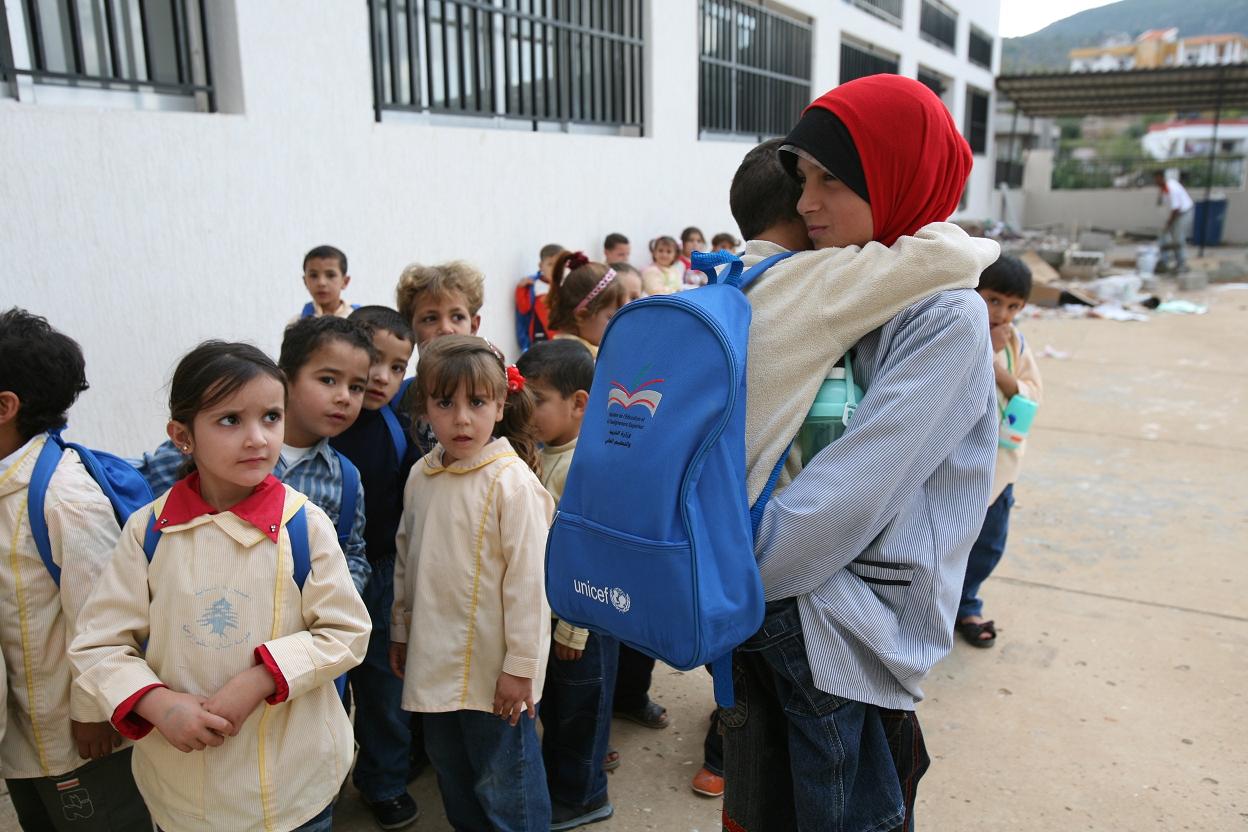A welcome sense of optimism pervaded the 10th annual Tribeca Film Festival.
After several years of gloomy prospects for independent film, filmmakers and audiences seemed buoyed by the hope of new technologies leading viewers to worthy movies.
"The field has been completely leveled," said writer-director Edward Burns at the closing night screening of his "The Newlyweds." "It is a good time to be a filmmaker."
Burns’ proclamation — unthinkable so recently — was largely because, as he boasted, he made "The Newlyweds" for just $9,000. He was able to because of a cheap but still highly professional-grade camera (and, surely, product placement dollars from most of Tribeca’s prominent sponsors).
Several of the films at the festival were to be released by Tribeca Film on video-on-demand, a platform many hope will help resuscitate independent films, many of which have struggled to find release after the shuttering of many distributors and the narrowing of studio interests.
Business, too, seemed on the uptick when — following healthy buying at the Sundance Film Festival — several films found distribution in the first few days of the festival. Among them was "Jiro Dreams of Sushi," a documentary on master sushi chef Jiro Ono and culinary perfectionism acquired by Magnolia Pictures.
It was one of several highly enjoyable films from the festival. Here are a handful of other highlights:
Bombay Beach: Arguably the hit of the festival, Alma Har’el’s lyrical debut was the unanimous jury choice for best documentary feature. It’s a beautifully stylized film about stray characters living in the California desert by the Salton Sea, a small community in a forgotten, post-apocalyptic landscape. Shot largely at sundown and with a soundtrack of Bob Dylan and Beirut, the film takes on a dreamlike quality. Many fictional films try to portray dignity in rural decay, but the authentically poetic "Bombay Beach" is the real deal.
The Guard: Tribeca has had a curious Irish connection. Two of the best films to come out of the festival in recent years were from Ireland: the absurd comedy "Zonad" and Conor McPherson’s cathartic ghost story "The Eclipse." "The Guard," which earlier premiered at Sundance and will be released later this year, was written and directed by John Michael McDonaugh, who shares the darkly comic sensibility of his playwright brother, Martin McDonaugh. Brendan Gleeson stars as a thoroughly politically incorrect police officer in Galway. He proudly calls himself "the last of the independents." When a drug smuggling case brings over an FBI agent (Don Cheadle), the two spark an irresistible chemistry.
Despicable Dick and Righteous Richard: The aging, Midwestern rascal Dick Kuchera has been on a decades-long path of 12-step program recovery. He tries to cloak a lifetime of lying and selfishness in psycho-babble, rarely convincing anyone of his earnestness. Joshua Neal’s documentary on Kuchera is an unforgettable character study. Kuchera is locked on the make-amends step and one wonders if he’ll ever get out: Each day brings another round of sins to atone for. Most movies tell stories of change, but "Despicable Dick" is one of utter, human stasis.
The Trip: The meta narratives of Michael Winterbottom are so layered that you’d expect them to result in confusion rather than laughter. But Winterbottom’s "The Trip" was the funniest film of Tribeca. It’s a kind of follow up to the director’s 2005 comedy, "Tristram Shandy: A Cock and Bull Story," which depicted a film production trying to adapt Laurence Sterne’s famous novel. There were a few scenes of brilliantly rhythmic exchanges between British comedians Steve Coogan and Rob Brydon, each playing exaggerated versions of their selves. "The Trip," which ran as a TV miniseries in the UK, simply continues their banter, here on a road trip of haute cuisine in northern England. It opens in the US on June 10. If the prospect of dueling Michael Cain impressions isn’t enticing, what is?
Catching Hell: An Alex Gibney documentary is one of the most reliable things at Tribeca. He has previously showcased films such as "My Trip To Al-Qaeda" and the Oscar-winning "Taxi to the Dark Side." This year, he finds an equally harrowing but less severe story of injustice on the baseball diamond — or more accurately, just adjacent to it. "Catching Hell," a film originally made for ESPN’s "30 for 30" series that will be broadcast later his year, is about the scapegoating of Chicago Cubs fan Steve Bartman, who was made a villain for his minor role in a 2003 playoff game. Gibney’s film, though, is more about mob mentality, which can rage even over a little bloop hit down the left-field foul line.



